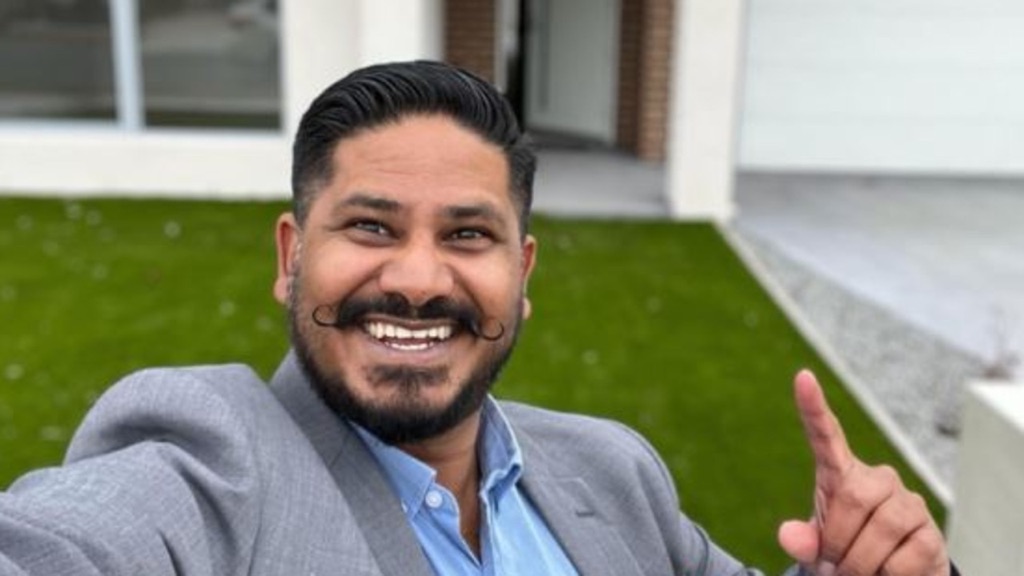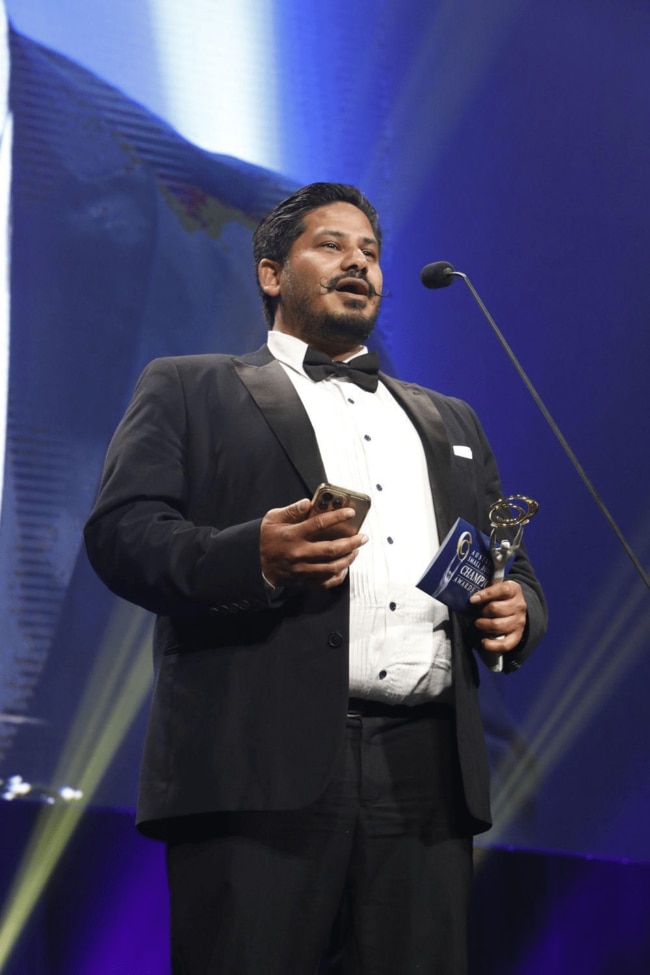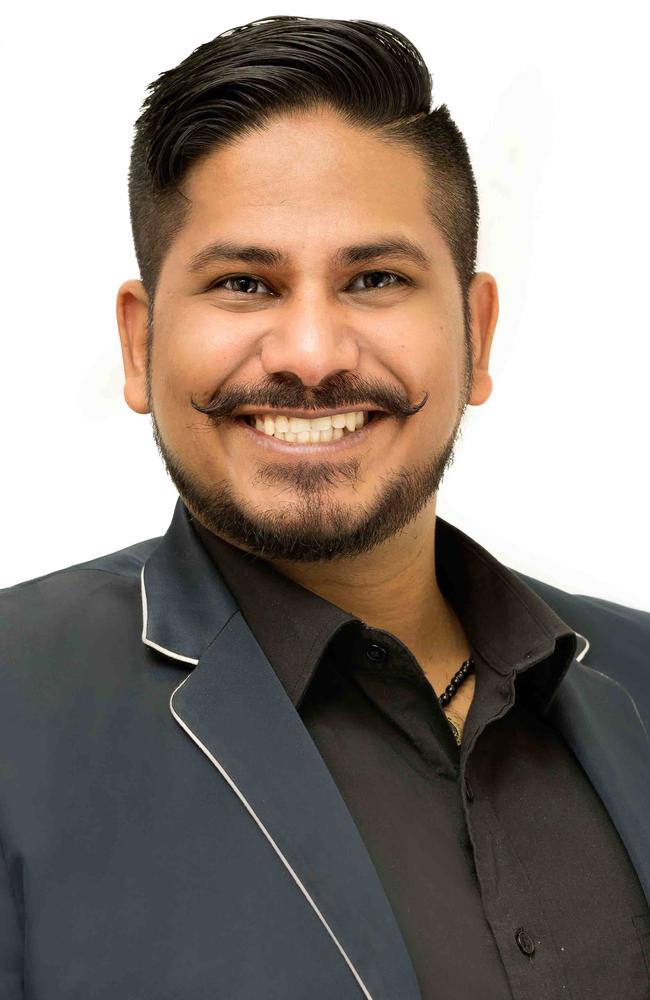Goro Gupta was just 17 years old when he purchased his first property, something he’d become interested in the year before when his father began sharing his knowledge about investing.
“In 1998, when I was 16, my dad started taking me to various property events, showing me how it was possible to make capital growth out of cash flow,” he told news.com.au.
“For a pre-18th present, my parents gave me a choice: my dream car (a Lexus coupe) or the deposit for my first place. Back then, the deposit for the apartment I bought was $24,000 – so roughly the same as the cost of a new car. Having just read Rich Dad, Poor Dad, I picked the property.”
“After buying that initial property, I bought my second one two years later, and while the capital growth was great, taking money out of my pay cheque wasn’t a fun experience.”
Mr. Gupta – who worked in the tech sector before establishing his own business as a wealth coach – decided to try and find ways to make his properties cashflow neutral, which sadly didn’t work.
Instead Mr Gupta and his father continued to invest in property and used their businesses to subsidise their mainly negative-geared investments.
“In 2015, a lot of our loans were converting to principal and interest products, so we decided to look at ways to invest in cash flow-positive properties,” he says.
“We like the idea of commercial properties as well as apartments, which were highly cash flow-positive in some cases, however they had little to no growth scenarios.
“I decided to look at ways to get commercial-style returns on residential house and land, and consequently we looked at both rooming accommodation, as well as this new thing [at the time] called the NDIS [National Disability Insurance Scheme].”
NDIS housing – favoured by many property investors for its relatively high returns – has increased in popularity as a cash flow-positive investment vehicle over the past decade, although Gupta warns against viewing it as a “get-rich quick” strategy.
“It’s talked about a lot on Facebook and over the media, but there are many pitfalls for this type of investment,” he explains.
“It must be done ethically and with the right understanding. The spruikers out there only tell people what the maximum income is on the house, however most don’t explain the severely limited nature of specialist housing.”
Gupta and his father purchased and custom-built quite a few of these types of properties, liquidating some of their other assets in order to do so. Today, the pair owns 37 properties collectively.
Along with his NDIS investments, the 40-year old investor – who splits his time between Melbourne and the Gold Coast – has diversified his investment portfolio by adding shared accommodation properties, Airbnb holiday rentals and cars he rents out on Uber carshare (formerly Car Next Door).
“We imported cars from Japan to leave at our Airbnb in Surfers Paradise and essentially, we Airbnb the cars too,” he explains.
“The first one was so successful, we imported a second car! We estimate the passive income will pay off the cars in a year and a half.”
Eventually, Gupta began earning a substantial passive income from his investments – that is, income that continued accumulating from his investments without too much additional input from him.
“We were earning approximately $40,000 a year in passive income, but the dream was $100,000,” he says.
“Our ‘moonshot’ was NDIS housing and shared accommodation, which took considerably longer to yield results than expected, but in late 2019, we finally got to the $100,000+ mark.
“I wanted to celebrate by booking an around the world trip, but I guess the pandemic had other ideas. So, we had a baby instead – and what an adventure!”
These days, Gupta enjoys a net cashflow of $200,000 per annum, in addition to the capital growth his property portfolio affords his family.
And while he says enjoying the spoils of his fortune is great (he spoke to news.com.au from an extended trip in Bali with his young family), Gupta’s focus is on using his wealth to do good in the world.
“The funny thing is, success is relative,” he says.
“Instead of doing cool things like splurging, I’m looking at ways to give back to society, by setting up more companies like [one of Gupta’s projects] Ethical Property Investments to teach others how we did it, as well as charities, including the creation of a school for underprivileged kids in Asia – something I’d like to have the final location locked down on by the end of the year.”
“My motto in life is ‘do good, make money’, and it permeates everything I do now.”




